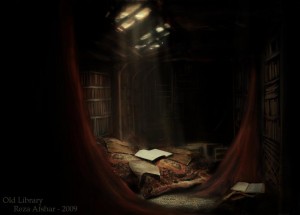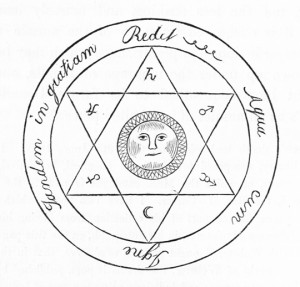
What books do you think humanity would need (or want) to rebuild things after a global apocalypse? The Long Now Foundation has been pondering this question, and they have asked some great modern day thinkers to curate lists of books for their MANUAL FOR CIVILIZATION. The actual books themselves will be housed in the new library at the INTERVAL salon space — a San Francisco cocktail bar/library for contemplating the Long Term.
Here is a bit about Brain Pickings‘ Maria Popova’s reading list for the Manual of Civilization:
33 Books on How to Live: My Reading List for the Long Now Foundation’s Manual for Civilization
by Maria Popova
Books that help us make sense of ourselves, our world, and our place in it.
“In a recent piece about the Manual for Civilization — the Long Now Foundation’s effort to assemble 3,500 books most essential for sustaining or rebuilding humanity, as part of their collaboratively curated library of 3,500 books for long-term thinking — I lamented the fact that Stewart Brand’s 76-book contribution to the Manual contained only one and a half books authored by a woman. To their credit, the folks at the Long Now reached out immediately, inviting me to contribute my own list to the collaborative library they’re building.
In grappling with the challenge, I faced a disquieting and inevitable realization: The predicament of diversity is like a Russian nesting doll — once we crack one layer, there’s always another, a fractal-like subdivision that begins at the infinite and approaches the infinitesimal, getting exponentially granular with each layer, but can never be fully finished…”
Click here for the list, and more. Learn more about The Long Now and its Manual for Civilization here.
Share


